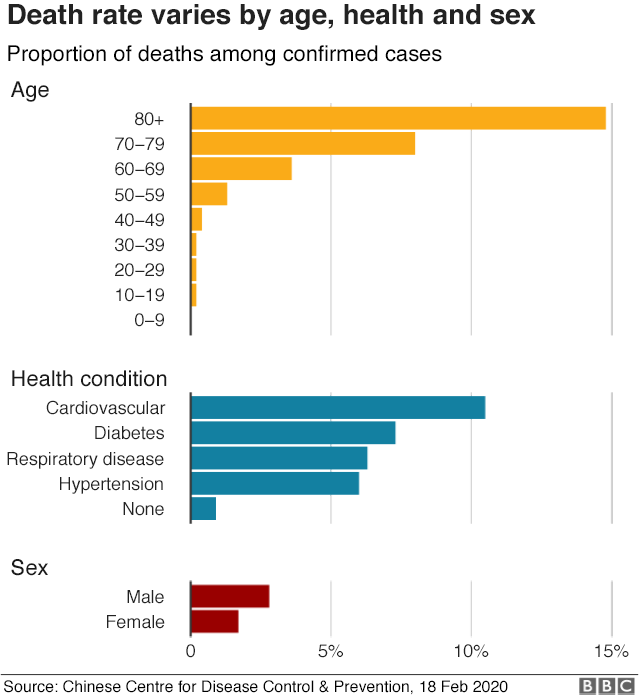Subtitle: Just compensation for staying at home, part one (by F. E. Guerra-Pujol)
While I agree with consequentialists (like my colleague Romans Pancs) that the costs of a worldwide economic shutdown are probably too high relative to the modest (but non-trivial) risks created by the coronavirus pandemic, I want to offer a more nuanced “natural rights” critique of these severe lockdown policies, i.e. requiring all non-essential workers to stay home and defining “essential” narrowly. Full disclosure: My approach is inspired by Robert Nozick’s approach to risk and natural rights, which I blogged about in greater detail in 2017. (Nozick, not Rawls, is my intellectual lodestar.) So, without further ado, let’s jump in:
A Kantian-Nozickian or natural rights approach begins with the premise that every person has rights, including the right to liberty, i.e. the right to do whatever I want or to go wherever I want or to meet with whomever I want–so long as I do not cross any moral boundaries while I am exercising my rights, i.e. so long as I do not impose unjustified harms or unjustified risks on others. This libertarian approach, however, appears unworkable in the context of a pandemic because my refusal to engage in social distancing by itself creates significant risks for innocent third parties, including the risk of death for persons with underlying medical conditions. Simply put, as this current pandemic shows, every human activity–no matter how benign its motivation or useful its consequences–carries some positive and non-trivial risk of injury to self and to others. Thus the problem for a natural rights theorist like me is that, as Nozick himself points out in his classic work Anarchy, State, and Utopia (1974, p. 75), “It is difficult to imagine a principled way in which the natural rights tradition can draw the line to fix which probabilities impose unacceptably great risks upon others.” Difficult, but not impossible!
Here, then, is my natural rights solution to the current pandemic. If an economic shutdown is, indeed, the most effective method of saving lives during a pandemic (by requiring most people to stay at home and most businesses to shut down), then everyone who is inconvenienced by the shutdown (rich or poor; small business or large) must be compensated for this inconvenience as soon as possible by the governmental entities ordering the shutdown. The beauty of the natural rights approach is that it recognizes the reciprocal nature of the pandemic problem. In other words: not shutting down the economy makes it easier for the pandemic to spread, but at the same time, the decision to order an economic shutdown also imposes significant costs on most of us. In brief, I will sum up my natural rights approach to the pandemic as follows: at some point you have to pay me to stay at home; that is, if you (the government) are going to order me to stay home for the greater good, then you are also morally required to pay me “just compensation” (including lost wages) in exchange for my cooperation.
Stay tuned, as I will describe the details of my just compensation scheme in the next day or two …




Pingback: A takings model of the economic shutdown | prior probability
Exactly! They also need to do what is for the greater good and pay up!
Whenever I see to obnoxious slogan #StayTheFuckHome, I will reply with the equally obnoxious slogan #PayMeBitch!
Pingback: How much? | prior probability
Pingback: A friendly reply to Prof Somin | prior probability
Pingback: Property rights in a pandemic | prior probability